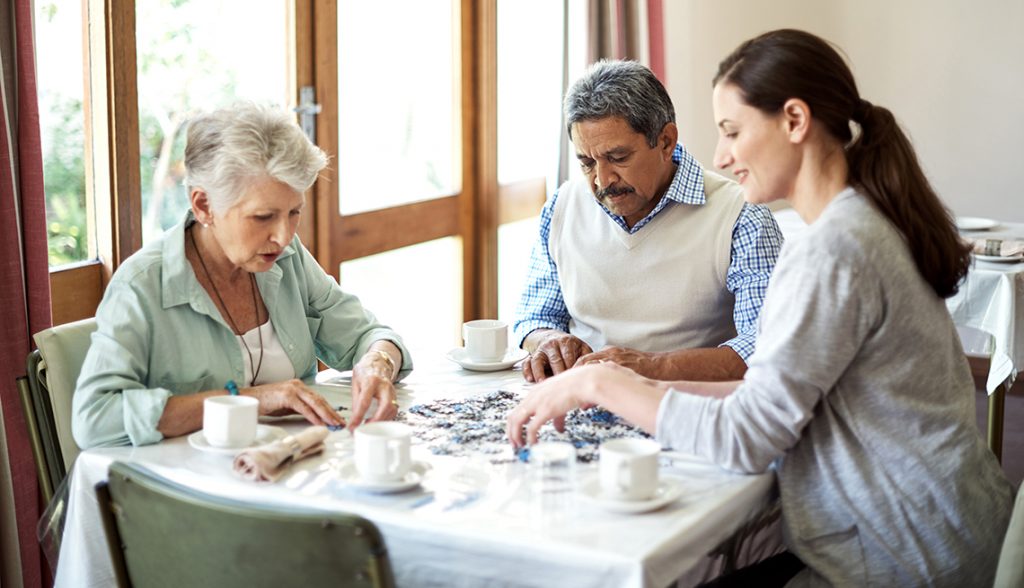Dementia can be a difficult diagnosis for all involved to come to terms with, but it doesn’t necessarily mean putting someone in a care home. There are other options available.
Reaching the point where you accept that your elderly parent or loved one needs some form of care can be a daunting process. If the person is unable to make this decision for themselves, which is usually the case in respect of someone who has been diagnosed with dementia then you will need to make that decision for them. This can be a difficult decision to make and can often arouse feelings of guilt, but you should not feel like you are letting the person down as you are not. Whilst you might believe that the only options available to you are a place in a nursing home or residential care home, there are in fact other alternatives.
Dementia
The majority of people with dementia are likely to need some form of specialist dementia care, and whilst dementia can seem like a rather challenging issues the option to remain in their own home can still be a very viable choice. Familiar surroundings, such as the home they have lived in for a number of years can be very comforting for someone with dementia, who may often struggle with new and unfamiliar surroundings and changes to the routine.
Home care offers the option for your loved one to stay in their own property, surrounded by their own belongings, whilst receiving the care and assistance they need. For many families this is in fact the preferred option, which offers the best of both worlds. This care can be tailored to your loved one’s condition and appropriate adjustments made when necessary.
Live in care
In the first instance it might be that your loved one just needs a little help and assistance which can be provided in the home but if their dementia becomes more severe then the option of live in care may also need to be considered. The transition from one type of care to another can be made very easily, again with minimum disruption or change to your loved one’s surroundings or daily routine so this is a perfect solution to elderly care.
This kind of care is given on a one to one basis, the carer will be able to get to know your loved one and pick up on their needs. The will also be aware of any changes or deteriorations in their condition which they will be able to bring to your attention if there is a need for alternative arrangements to be made.
Most importantly the disruption to the life of your elderly relative will be kept to a minimum, making the transition from no care to having assistance as minimal as possible.
If you hadn’t considered home care, then it is worth looking into as one of the options available to you.




